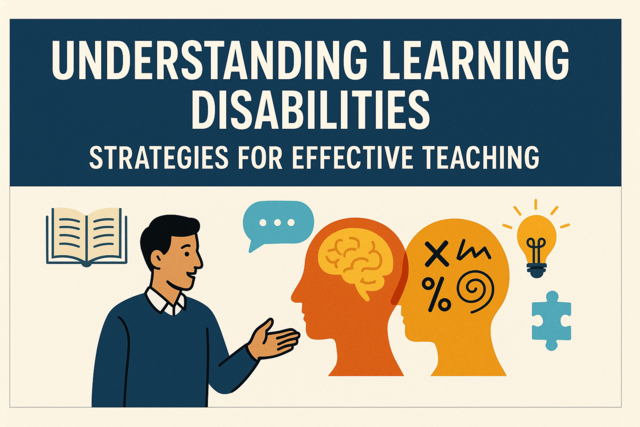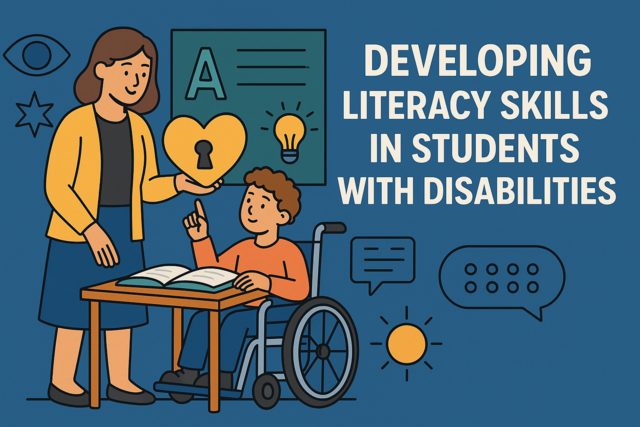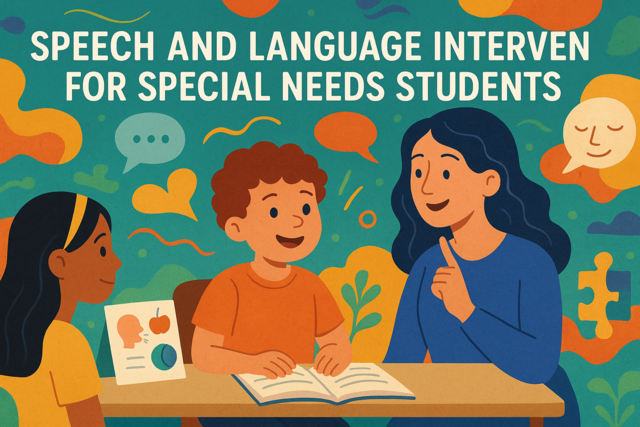Online Class: Transition Planning — From School to Adult Life

-
15Lessons
-
22Exams &
Assignments -
6Hours
average time -
0.6CEUs
Course Description
Imagine standing on the precipice of life, filled with boundless potential and uncharted opportunities, yet unsure of the path that lies ahead. Transitioning from school to adult life is one of the most significant journeys you'll embark on, especially if special needs are part of your story. This moment demands more than just courage—it requires a blueprint laid out with precision, compassion, and foresight. Welcome to "Transition Planning: From School to Adult Life," a course uniquely designed to be your guiding light through this transformative period. Envision a life where independence isn't just a dream but a well-crafted reality. In this course, you'll not just learn—you'll evolve. It's an invitation to discover your strengths, uncover passions, and arm yourself with the practical tools needed to carve out a future you can step into with confidence.
Step into a world where every lesson is a tailored experience, crafted with you in mind. This isn't a typical online course; it's your personal road map, customized to turn aspirations into achievements. We begin with a deep dive into understanding who you are—your unique skills, interests, and how these can be harnessed towards fulfilling adult life. This is not about fitting into a mold but about expanding the horizon to meet your personalized goals. From exploring post-secondary pathways to delving into vocational programs, we provide you with the information and skills necessary to make informed decisions about your education and career paths. These decisions are grounded not only in your passions but in strategic insight that will serve you for a lifetime.
Imagine a future where the daunting aspects of adult life, such as housing and finances, become manageable steps rather than insurmountable challenges. This course empowers you with invaluable life skills, from the intricacies of managing income versus expenses to navigating the complex legal rights that accompany your transition. Each topic is an essential puzzle piece, coming together to create a coherent picture of a future where independence is in your hands, and society is open for your active participation. You'll learn how to leverage community networks effectively—transforming them from abstract entities into vibrant, support-rich environments that fuel your growth.
Consider how different your journey might be if you were fully equipped to not only discern your own needs and rights but also to advocate for them effectively. This course revolutionizes your approach to self-advocacy and empowers you with the knowledge to navigate public services and the intricate dance between IDEA and ADA. These critical insights are about more than just compliance—they're about securing your rightful place and ensuring your voice is heard loud and clear.
Explore the unparalleled importance of transferable skills and how they provide the backbone for succeeding in diverse and dynamic environments. This isn't merely a course feature; it's a life philosophy, encouraging creativity, cooperation, and cultural awareness. What you gain here extends beyond professional settings, enriching every conversation and interaction along your path.
Our comprehensive approach even delves into the aspects of health and well-being, offering a robust framework for developing mental resilience. Life's unpredictable nature demands not just readiness but adaptability, ensuring you remain steadfast even amid unforeseen challenges. And as communication is a cornerstone of successful living, we place emphasis on cultivating self-awareness and emotional intelligence—equipping you, not only to express yourself effectively but to also understand and empathize with others.
Make no mistake, the Transition Planning course isn't just a gateway to adulthood; it's a transformative experience that respects the complexity of your journey while celebrating your individuality. Every enrollment is not just a step forward; it's a leap toward a future designed for you, by you. Embrace the tools, wisdom, and network this course offers, and you won't just transition—you will thrive. Don't let the opportunity slip away; enroll today and take the first definitive step toward a future that awaits your unique imprint.
- Business
- Business Ethics Courses
- Harassment Prevention Courses
- Human Resources Certifications
- Management
- Aromatherapy Courses
- Caregiver Courses
- Career Development Courses
- Communications Courses
- Confidence and Self Esteem Courses
- Healing
- Human Anatomy Courses
- Medical Skills
- Health & Medicine
- Nutrition
- Marketing
- Microsoft Office Certification Courses
- Life Coaching Courses
- Self-Improvement
- Small Business Certifications
- Safety
- Writing Improvement
- Business Writing Courses
Course Lessons
Lesson 1. From School to Adulthood: Independence Tailored to You
 Review Practice Worksheet: Lesson-1-WorkSheet-19030.pdf
Review Practice Worksheet: Lesson-1-WorkSheet-19030.pdf Lesson discussions: Reasons for Taking this Course
Lesson discussions: Reasons for Taking this Course Assessment: Lesson 1 Review Exam
Assessment: Lesson 1 Review Exam
Lesson 2. Crafting Your Future: Discovering Strengths and Skills for Transitioning to Adulthood
 Review Practice Worksheet: Lesson-2-Activity-19032.pdf
Review Practice Worksheet: Lesson-2-Activity-19032.pdf Assessment: Lesson 2 Review Exam
Assessment: Lesson 2 Review Exam
Lesson 3. Post-Secondary Education: Crafting Your Future Pathway
 Review Practice Worksheet: Lesson-3-Downloadable-19034.pdf
Review Practice Worksheet: Lesson-3-Downloadable-19034.pdf Assessment: Lesson 3 Review Exam
Assessment: Lesson 3 Review Exam
Lesson 4. From Classrooms to Careers: The Role of Vocational Programs
 Review Practice Worksheet: Lesson-4-Activity-19036.pdf
Review Practice Worksheet: Lesson-4-Activity-19036.pdf Complete: Lesson 4 Activity
Complete: Lesson 4 Activity Assessment: Lesson 4 Review Exam
Assessment: Lesson 4 Review Exam
Lesson 5. Independent Living: A Journey to Self-Reliance
 Review Practice Worksheet: Lesson-5-WorkSheet-19038.pdf
Review Practice Worksheet: Lesson-5-WorkSheet-19038.pdf Assessment: Lesson 5 Review Exam
Assessment: Lesson 5 Review Exam
Lesson 6. Building Networks for Life: Transitioning from Classroom to Community
 Review Practice Worksheet: Lesson-6-Downloadable-19040.pdf
Review Practice Worksheet: Lesson-6-Downloadable-19040.pdf Assessment: Lesson 6 Review Exam
Assessment: Lesson 6 Review Exam
Lesson 7. Income vs. Expenses: Building a Financial Lifeline
 Review Practice Worksheet: Lesson-7-HomeWork-19042.pdf
Review Practice Worksheet: Lesson-7-HomeWork-19042.pdf Complete: Lesson 7 Activity
Complete: Lesson 7 Activity Assessment: Lesson 7 Review Exam
Assessment: Lesson 7 Review Exam
Lesson 8. Embracing Transition: Navigating Legal Rights for Young Adults with Disabilities
 Review Practice Worksheet: Lesson-8-Activity-19044.pdf
Review Practice Worksheet: Lesson-8-Activity-19044.pdf Assessment: Lesson 8 Review Exam
Assessment: Lesson 8 Review Exam
Lesson 9. Navigating Public Services for a Smoother Journey into Adulthood
 Review Practice Worksheet: Lesson-9-HomeWork-19046.pdf
Review Practice Worksheet: Lesson-9-HomeWork-19046.pdf Assessment: Lesson 9 Review Exam
Assessment: Lesson 9 Review Exam
Lesson 10. Discovering Personal Strengths and Interests for a Successful Life Plan
 Review Practice Worksheet: Lesson-10-StudyGuide-19048.pdf
Review Practice Worksheet: Lesson-10-StudyGuide-19048.pdf Assessment: Lesson 10 Review Exam
Assessment: Lesson 10 Review Exam
Lesson 11. The Power of Transferable Skills: Thriving in Diverse Environments
 Review Practice Worksheet: Lesson-11-WorkSheet-19050.pdf
Review Practice Worksheet: Lesson-11-WorkSheet-19050.pdf Complete: Lesson 11 Activity
Complete: Lesson 11 Activity Assessment: Lesson 11 Review Exam
Assessment: Lesson 11 Review Exam
Lesson 12. Navigating Housing Independence
 Review Practice Worksheet: Lesson-12-HomeWork-19052.pdf
Review Practice Worksheet: Lesson-12-HomeWork-19052.pdf Complete: Lesson 12 Activity
Complete: Lesson 12 Activity Assessment: Lesson 12 Review Exam
Assessment: Lesson 12 Review Exam
Lesson 13. Health Needs: The Blueprint for a Smooth Transition
 Review Practice Worksheet: Lesson-13-HomeWork-19054.pdf
Review Practice Worksheet: Lesson-13-HomeWork-19054.pdf Complete: Lesson 13 Activity
Complete: Lesson 13 Activity Assessment: Lesson 13 Review Exam
Assessment: Lesson 13 Review Exam
Lesson 14. From School to Adulthood: Mastering Communication for Life's Journey
 Review Practice Worksheet: Lesson-14-StudyGuide-19056.pdf
Review Practice Worksheet: Lesson-14-StudyGuide-19056.pdf Complete: Lesson 14 Activity
Complete: Lesson 14 Activity Assessment: Lesson 14 Review Exam
Assessment: Lesson 14 Review Exam
Lesson 15. Crafting a Future: Transition Planning for Students with Disabilities
 Review Practice Worksheet: Lesson-15-HomeWork-19058.pdf
Review Practice Worksheet: Lesson-15-HomeWork-19058.pdf Lesson discussions: End of Course Poll; Course Comments
Lesson discussions: End of Course Poll; Course Comments Complete: Lesson 15 Activity
Complete: Lesson 15 Activity Assessment: Lesson 15 Review Exam
Assessment: Lesson 15 Review Exam
Learning Outcomes
- Demonstrate self-advocacy skills by actively participating in an Individualized Education Program (IEP) meeting and articulating personal goals and preferences.
- Define the role of each stakeholder in transition planning by listing specific responsibilities for students, families, and educators.
- Demonstrate the ability to identify personal strengths and skills by listing at least three unique strengths and skills relevant to desired career paths.
- Describe how self-reflection and feedback contribute to recognizing personal strengths and skills by providing two examples of techniques or methods utilized in the process.
- Demonstrate the ability to compare and contrast admissions requirements and financial aid opportunities across different post-secondary institutions.
- Define various types of post-secondary institutions and describe their unique educational opportunities and challenges.
- Define the role of apprenticeships in vocational training by identifying how they combine on-the-job training with classroom instruction to enhance employability.
- Describe how vocational programs, such as trade schools or certificate courses, align with current industry demands to prepare graduates for immediate employment opportunities.
- Define and compare different housing options such as renting or buying, using specific criteria like cost, market research, and financial commitments to make informed decisions.
- Demonstrate the ability to create, implement, and adjust a personal financial plan that includes budgeting, saving, and investment strategies to maintain financial stability, including understanding credit management and planning for unforeseen expenses.
- Demonstrate effective social and community networking strategies to enhance personal and professional development during the transition from academia to adult life.
- Identify and engage with diverse community resources and online platforms to cultivate supportive networks and access opportunities for skill enhancement and career advancement.
- Define and categorize personal income and expenses to create a comprehensive budget plan that aligns with individual financial goals and ensures financial stability.
- Demonstrate mastery of lesson content at levels of 70% or higher.
Additional Course Information

- Document Your Lifelong Learning Achievements
- Earn an Official Certificate Documenting Course Hours and CEUs
- Verify Your Certificate with a Unique Serial Number Online
- View and Share Your Certificate Online or Download/Print as PDF
- Display Your Certificate on Your Resume and Promote Your Achievements Using Social Media

Related Courses
-
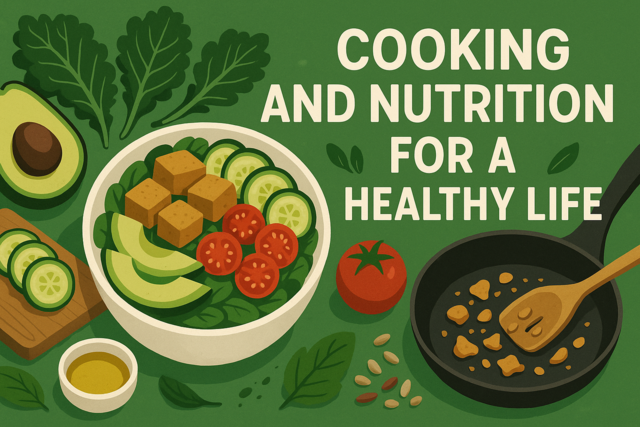 5 hours
0.5 CEUs
Cooking and Nutrition for a Healthy Life
+ More Info
5 hours
0.5 CEUs
Cooking and Nutrition for a Healthy Life
+ More Info
-
 4 hours
0.4 CEUs
Educational Equity and Justice
+ More Info
4 hours
0.4 CEUs
Educational Equity and Justice
+ More Info
-
 4 hours
0.4 CEUs
Mysteries of the Quantum Realm
+ More Info
4 hours
0.4 CEUs
Mysteries of the Quantum Realm
+ More Info
-
 7 hours
0.7 CEUs
Adapting to Change in a Fast-Paced World
+ More Info
7 hours
0.7 CEUs
Adapting to Change in a Fast-Paced World
+ More Info
-
 6 hours
0.6 CEUs
Healing from Narcissism: Paths to Recovery and Healthy Dynamics
+ More Info
6 hours
0.6 CEUs
Healing from Narcissism: Paths to Recovery and Healthy Dynamics
+ More Info
-
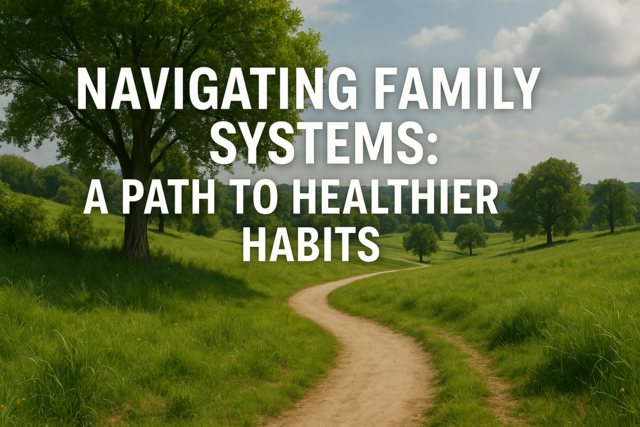 4 hours
0.4 CEUs
Navigating Family Systems: A Path to Healthier Habits
+ More Info
4 hours
0.4 CEUs
Navigating Family Systems: A Path to Healthier Habits
+ More Info
-
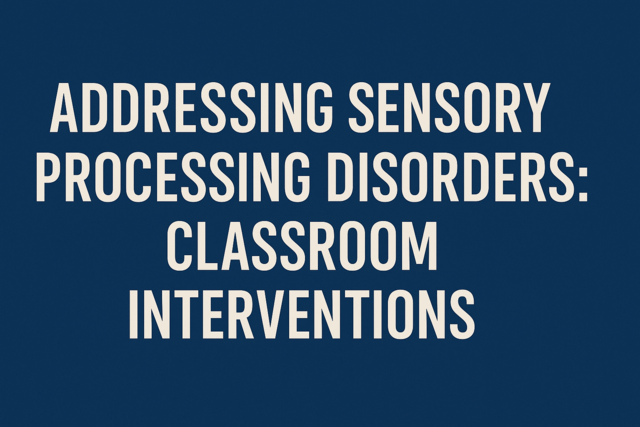 4 hours
0.4 CEUs
Addressing Sensory Processing Disorders: Classroom Interventions
+ More Info
4 hours
0.4 CEUs
Addressing Sensory Processing Disorders: Classroom Interventions
+ More Info
-
 7 hours
0.7 CEUs
Vintage Visions: Integrating Past Styles in Modern Luxury
+ More Info
7 hours
0.7 CEUs
Vintage Visions: Integrating Past Styles in Modern Luxury
+ More Info
-
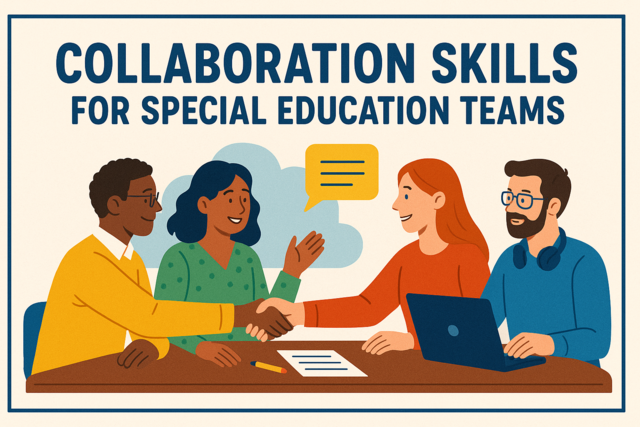 4 hours
0.4 CEUs
Collaboration Skills for Special Education Teams
+ More Info
4 hours
0.4 CEUs
Collaboration Skills for Special Education Teams
+ More Info
-
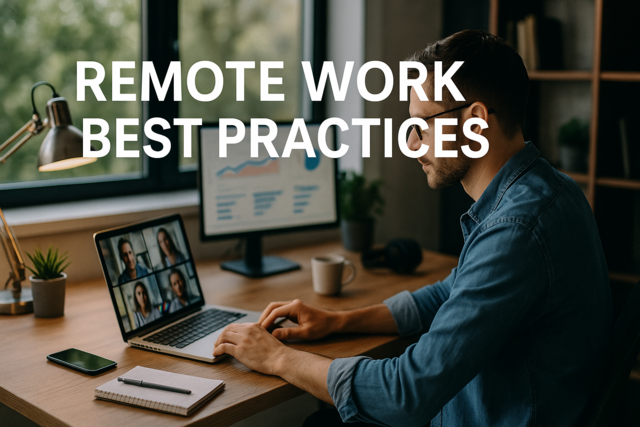 7 hours
0.7 CEUs
Remote Work Best Practices
+ More Info
7 hours
0.7 CEUs
Remote Work Best Practices
+ More Info
-
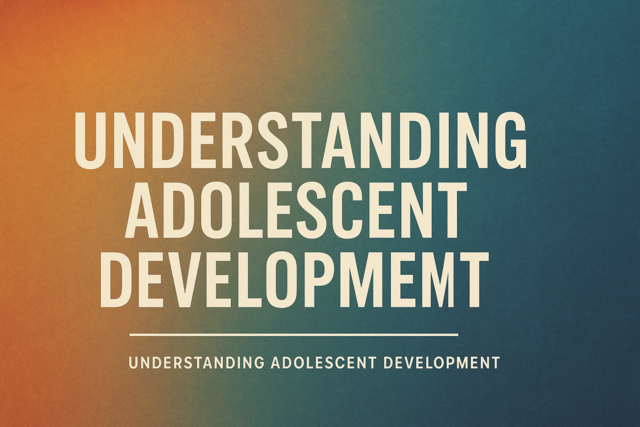 7 hours
0.7 CEUs
Understanding Adolescent Development
+ More Info
7 hours
0.7 CEUs
Understanding Adolescent Development
+ More Info
-
 6 hours
0.6 CEUs
Legacy Building: Creating a Family Culture to Last
+ More Info
6 hours
0.6 CEUs
Legacy Building: Creating a Family Culture to Last
+ More Info
-
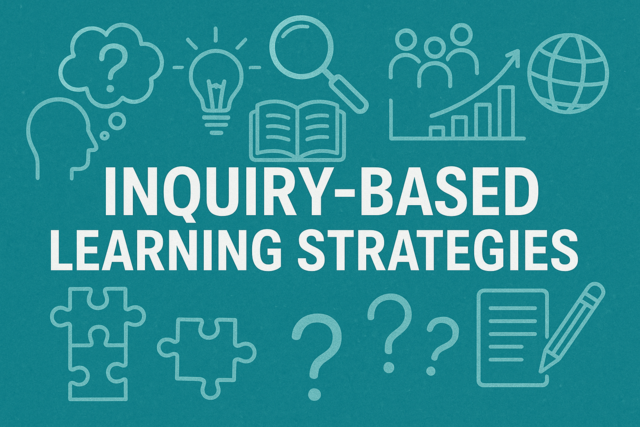 5 hours
0.5 CEUs
Inquiry-Based Learning Strategies
+ More Info
5 hours
0.5 CEUs
Inquiry-Based Learning Strategies
+ More Info
-
 5 hours
0.5 CEUs
Advanced Writing and Editing Skills
+ More Info
5 hours
0.5 CEUs
Advanced Writing and Editing Skills
+ More Info
-
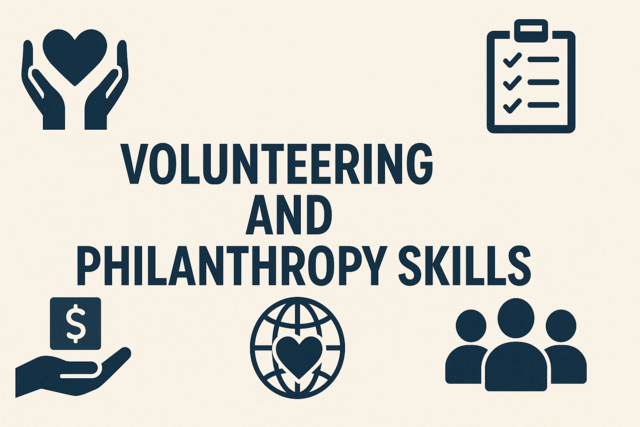 7 hours
0.7 CEUs
Volunteering and Philanthropy Skills
+ More Info
7 hours
0.7 CEUs
Volunteering and Philanthropy Skills
+ More Info
-
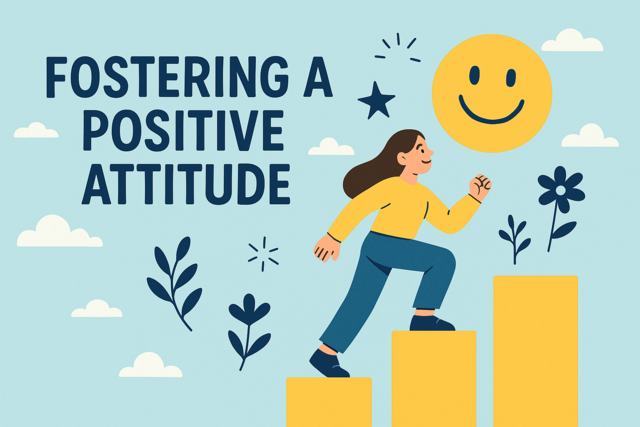 5 hours
0.5 CEUs
Fostering a Positive Attitude
+ More Info
5 hours
0.5 CEUs
Fostering a Positive Attitude
+ More Info
-
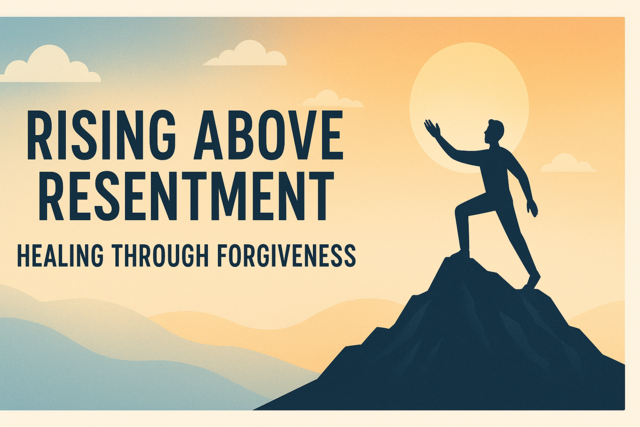 4 hours
0.4 CEUs
Rising Above Resentment: Healing Through Forgiveness
+ More Info
4 hours
0.4 CEUs
Rising Above Resentment: Healing Through Forgiveness
+ More Info
-
 7 hours
0.7 CEUs
Introduction to Human Resources
+ More Info
7 hours
0.7 CEUs
Introduction to Human Resources
+ More Info
-
 4 hours
0.4 CEUs
Sales Skills and Strategies
+ More Info
4 hours
0.4 CEUs
Sales Skills and Strategies
+ More Info
-
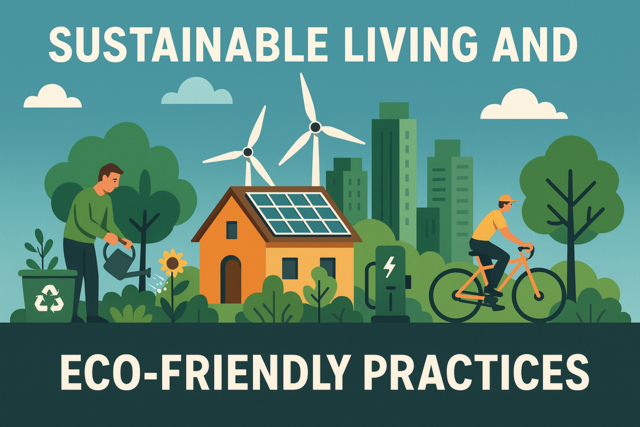 7 hours
0.7 CEUs
Sustainable Living and Eco-Friendly Practices
+ More Info
7 hours
0.7 CEUs
Sustainable Living and Eco-Friendly Practices
+ More Info
-
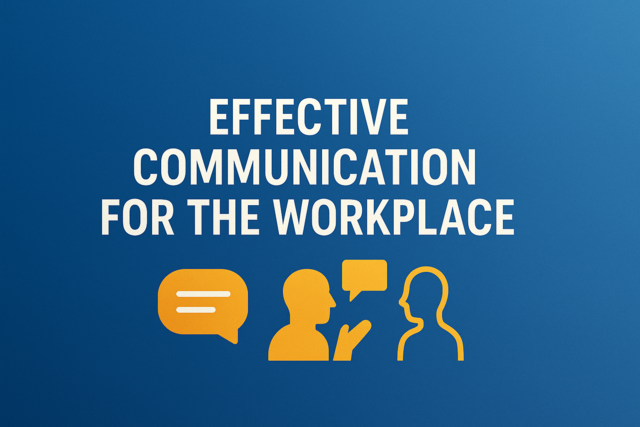 7 hours
0.7 CEUs
Effective Communication for the Workplace
+ More Info
7 hours
0.7 CEUs
Effective Communication for the Workplace
+ More Info
-
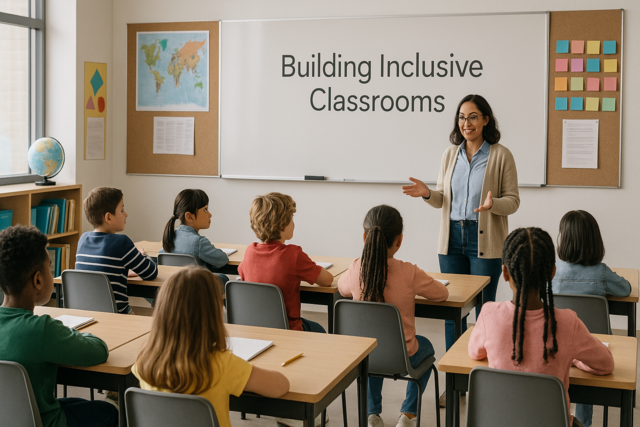 5 hours
0.5 CEUs
Building Inclusive Classrooms
+ More Info
5 hours
0.5 CEUs
Building Inclusive Classrooms
+ More Info
-
 6 hours
0.6 CEUs
Spirit World: Communicating Beyond the Veil
+ More Info
6 hours
0.6 CEUs
Spirit World: Communicating Beyond the Veil
+ More Info
-
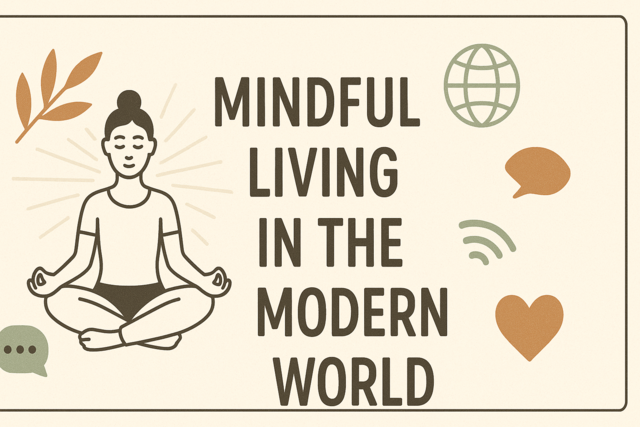 7 hours
0.7 CEUs
Mindful Living in the Modern World
+ More Info
7 hours
0.7 CEUs
Mindful Living in the Modern World
+ More Info
-
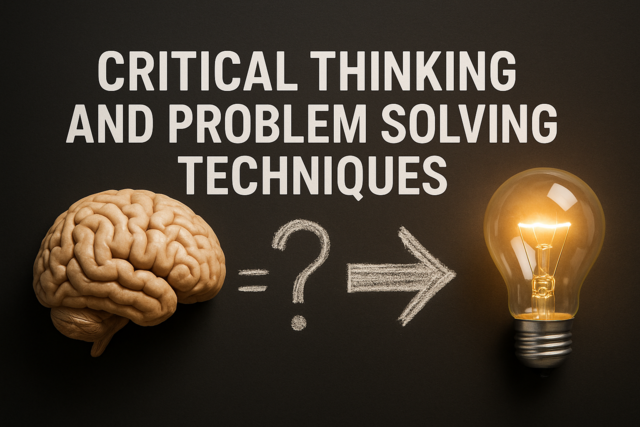 4 hours
0.4 CEUs
Critical Thinking and Problem Solving Techniques
+ More Info
4 hours
0.4 CEUs
Critical Thinking and Problem Solving Techniques
+ More Info
-
 5 hours
0.5 CEUs
Personal Hygiene and Grooming Essentials
+ More Info
5 hours
0.5 CEUs
Personal Hygiene and Grooming Essentials
+ More Info
-
 3 hours
0.3 CEUs
Team Building and Collaboration
+ More Info
3 hours
0.3 CEUs
Team Building and Collaboration
+ More Info
-
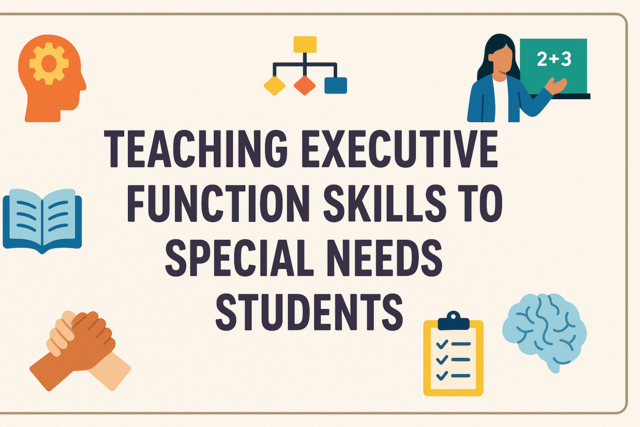 3 hours
0.3 CEUs
Teaching Executive Function Skills to Special Needs Students
+ More Info
3 hours
0.3 CEUs
Teaching Executive Function Skills to Special Needs Students
+ More Info
-
 3 hours
0.3 CEUs
Innovative Solutions for Business Growth
+ More Info
3 hours
0.3 CEUs
Innovative Solutions for Business Growth
+ More Info
-
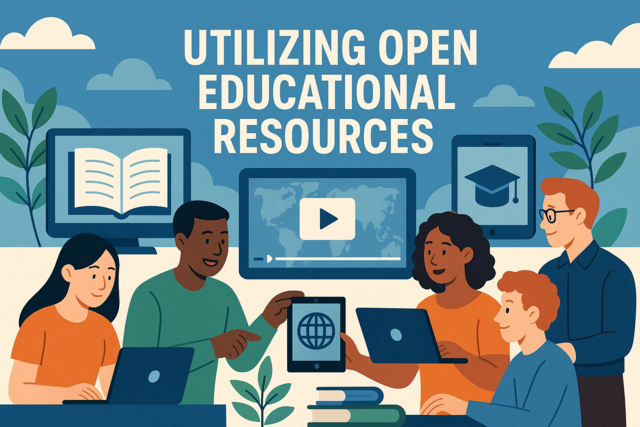 4 hours
0.4 CEUs
Utilizing Open Educational Resources
+ More Info
4 hours
0.4 CEUs
Utilizing Open Educational Resources
+ More Info
-
 7 hours
0.7 CEUs
Advanced PowerPoint Presentation Skills
+ More Info
7 hours
0.7 CEUs
Advanced PowerPoint Presentation Skills
+ More Info
-
 5 hours
0.5 CEUs
Advanced Feng Shui Techniques
+ More Info
5 hours
0.5 CEUs
Advanced Feng Shui Techniques
+ More Info
-
 7 hours
0.7 CEUs
The Power of Vulnerability: Authentic Connections in a Busy World
+ More Info
7 hours
0.7 CEUs
The Power of Vulnerability: Authentic Connections in a Busy World
+ More Info
-
 6 hours
0.6 CEUs
Introduction to Minimalist Living
+ More Info
6 hours
0.6 CEUs
Introduction to Minimalist Living
+ More Info
-
 6 hours
0.6 CEUs
Introduction to Graphic Design Tools
+ More Info
6 hours
0.6 CEUs
Introduction to Graphic Design Tools
+ More Info
-
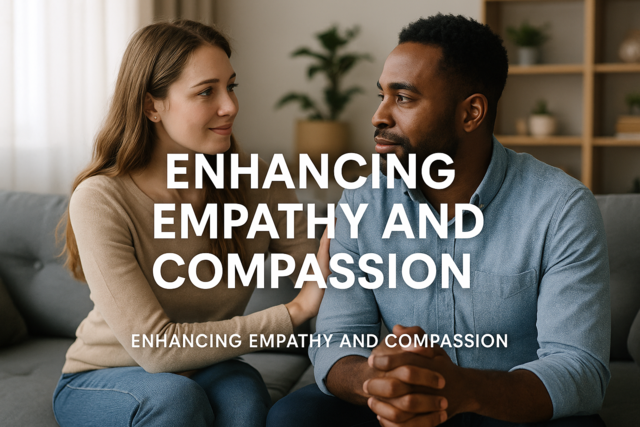 7 hours
0.7 CEUs
Enhancing Empathy and Compassion
+ More Info
7 hours
0.7 CEUs
Enhancing Empathy and Compassion
+ More Info
-
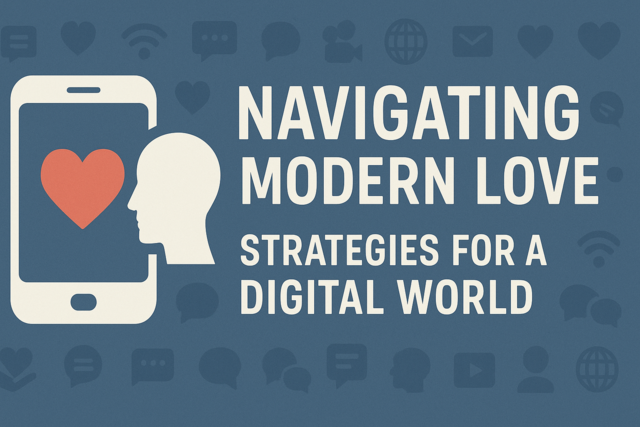 6 hours
0.6 CEUs
Navigating Modern Love: Strategies for a Digital World
+ More Info
6 hours
0.6 CEUs
Navigating Modern Love: Strategies for a Digital World
+ More Info
-
 7 hours
0.7 CEUs
The Unseen Energies in the Universe
+ More Info
7 hours
0.7 CEUs
The Unseen Energies in the Universe
+ More Info
-
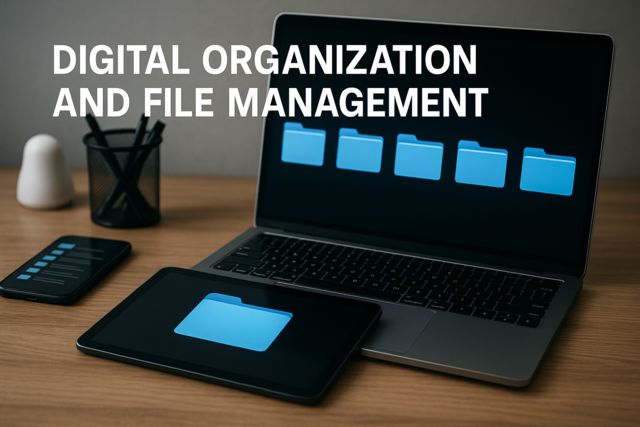 3 hours
0.3 CEUs
Digital Organization and File Management
+ More Info
3 hours
0.3 CEUs
Digital Organization and File Management
+ More Info


